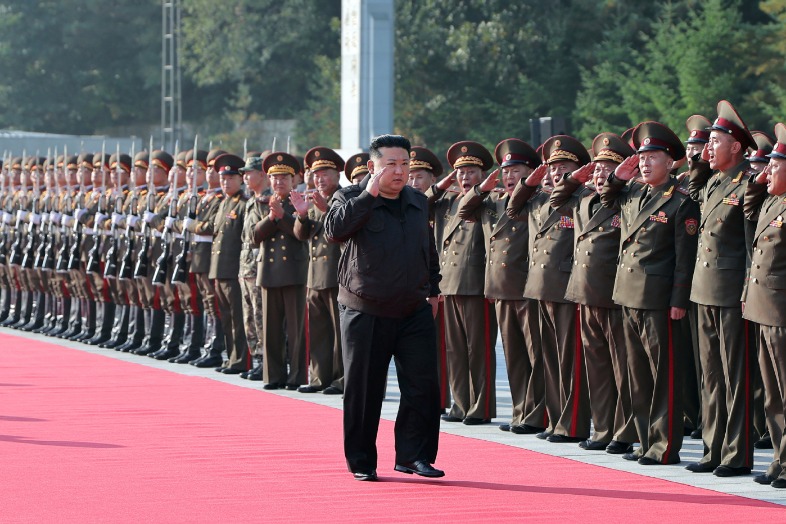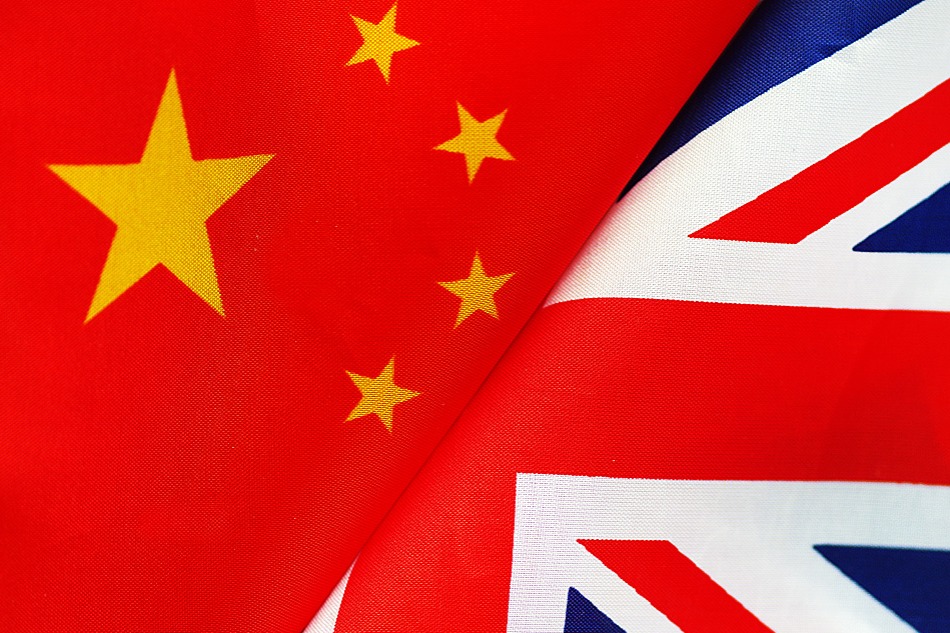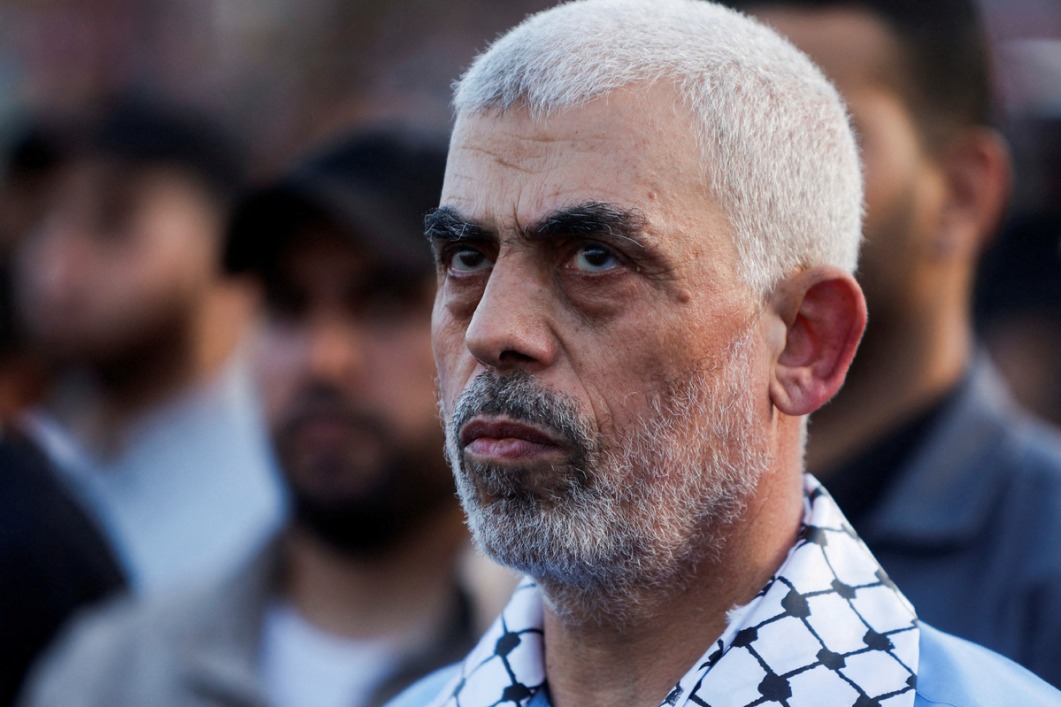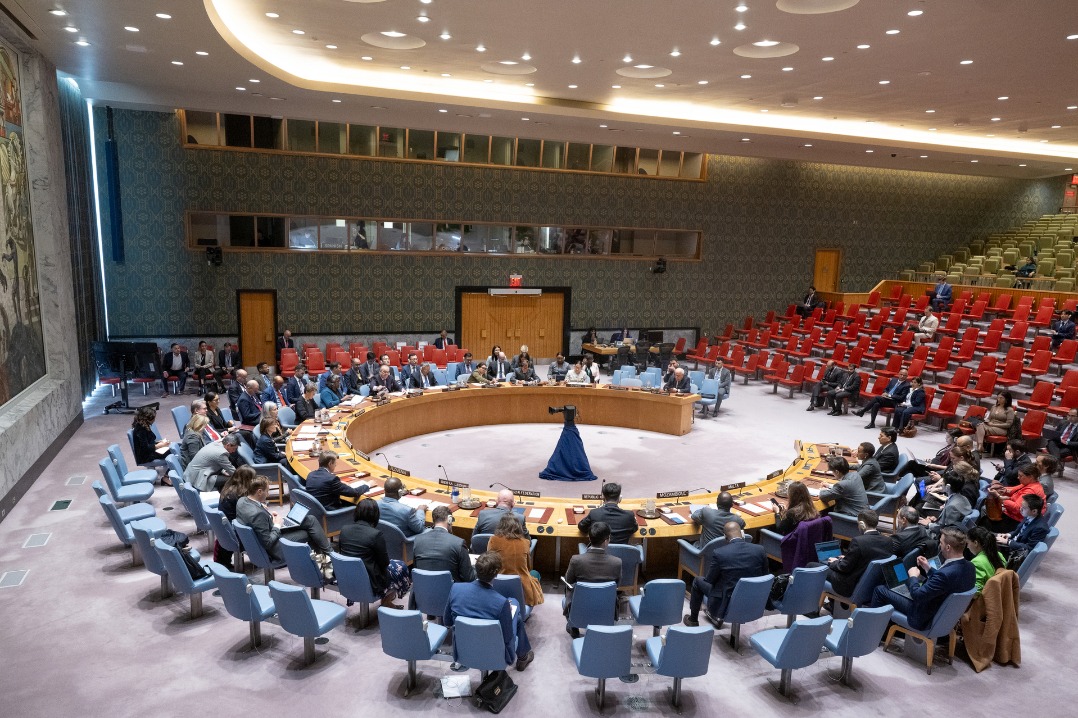Migrants become pawns in endless political game

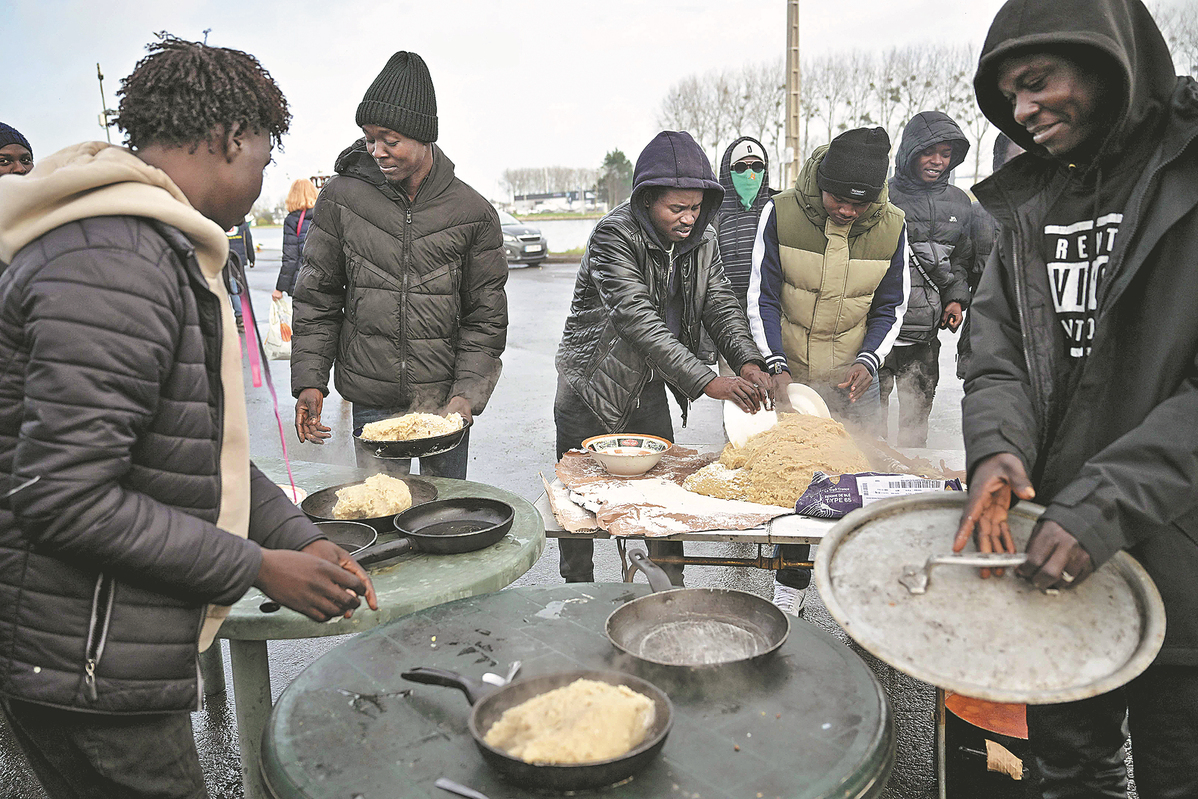
'Deeply problematic'
"It isn't necessarily new but what we're seeing is an intensification of feeling toward looking for external solutions. It's deeply problematic from a legal point of view, but countries like Austria, Denmark and Germany are looking at the deal Italy has struck with Albania and thinking, 'Is there a way we can create something?'"
The external solution Italy's right-wing Prime Minister Giorgia Meloni has found in Albania would see her country fund holding centers there for up to 36,000 people a year, just two years after Albania's Prime Minister Edi Rama said his country "will never be that place where very rich countries establish camps to dump migrants".
Geddes said the only logical explanation for Rama's change of heart is one that reinforces the dehumanized feeling of migrants being treated as bargaining chips.
"The only way you can understand that is in the context of Albania pursuing EU membership, which is not an unrealistic prospect," he said. "This deal helps ensure support from Italy."
When he announced the deal to Parliament, Italy's Foreign Minister Antonio Tajani was at pains to point out that it was not like the United Kingdom's proposed deal with Rwanda, which has cost UK taxpayers more than 290 million pounds ($370 million), would only cater for a tiny number of cases, and has so far produced no results whatsoever.
However, within weeks of its announcement, Albania's constitutional court temporarily blocked the deal, to check if it violates the country's Constitution, and Meloni has since admitted the issue is "the most complex phenomenon I've ever had to deal with".
The problem British Prime Minister Rishi Sunak has encountered is, ironically, one that did not exist before Britain's exit from the EU, a campaign fought under the slogan of taking back control.
It is tearing his government apart and has forged a dangerously sharp-edged political weapon, which could prove decisive in the British general election due in the next 12 months. This is the small boats crisis.
According to figures published by the Home Office in November, 27,284 people have been detected so far this year crossing the English Channel, which is about one-third less than the figure from the corresponding date in last year.
This statistic barely existed before Brexit, however, as people attempting illegal entry could be sent back to the EU. With no replacement provision for this arrangement in the Brexit Withdrawal Agreement, the UK now has nowhere to put these new arrivals, and they know it — so they come.
At the start of this year, Sunak pledged to "pass new laws to stop small boats, making sure that if you come to this country illegally, you are detained and swiftly removed…those are the people's priorities".
"They are your government's priorities. And we will either have achieved them or not," he added.
Sunak is having another go at passing the Rwanda policy which has so far consistently been rejected by the courts and, at huge cost, achieved nothing. It has, however, saddled him with a big problem, created by a hard-line devotion to Brexit.
"The ability to return asylum-seekers was linked to being in the EU, through something called the Dublin Regulation, but that has fallen off a cliff as the UK is no longer part of that system," Geddes said. "The only way you can resolve this is to find some kind of accommodation with the EU." But that would be heresy to Brexit believers.
















